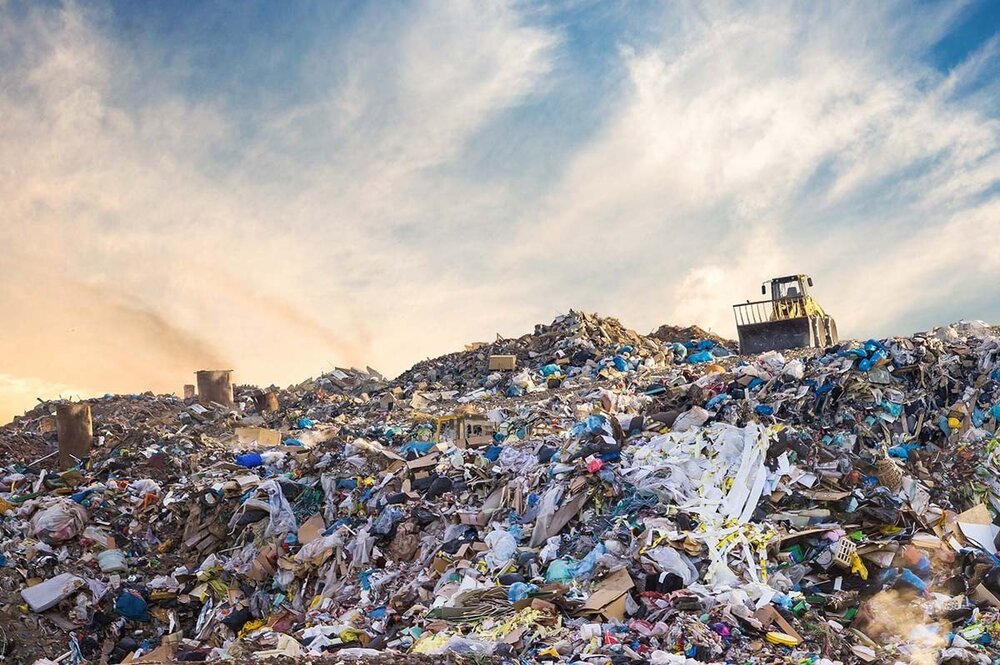INSUBCONTINENT EXCLUSIVE:
But, is it possible to reach the point or does it remain a dream?Zero waste encompasses more than eliminating waste through reducing,
It focuses on restructuring production and distribution systems to reduce waste
Zero waste is more of a goal or an idea rather than a hard target.Mohammad Alamouti, secretary of NGO networks of the Natural Resources
Organization, said that regarding this concept, many measures have been taken in the world
In Iran, people have personally tried to take measures in this field.Recently, this concept is entering the educational programs of
As an example, this concept is mentioned in educational programs in the field of village administrations, municipalities, departments of the
environment, or broadcasting.Zero waste encompasses more than eliminating waste through reusing and recycling
which will affect the whole process if implemented properly, he added.At present, we do not have any unique example in the world from which
we can take absolute zero waste, of course, some measures have been taken, but in order to reach the zero-waste stage, the behavior of
citizens and villagers or changes in their lifestyle of citizens alone cannot help
We need a set of processes to achieve it, he explained.Referring to the cultural aspect as the most important infrastructure for a
zero-waste lifestyle, he said that creating a cultural infrastructure in a manufacturing plant with a high volume of waste products will
reduce the waste generation in the production process.The first step in the discussion of waste management is waste production, which has a
direct relationship between consumption, the amount of demand, and the variety of demand in the Iranian lifestyle, he said.The government
should consider incentives that motivate citizens when they personally pursue a zero or near-zero waste lifestyle
In other words, by receiving social points for living a healthy life, he will also receive social credit, he suggested.Improper waste
industrial, hospital, and hazardous wastes, which has caused environmental pollution and a negative impact on the quality and quantity of
biological resources (water, soil, and air), he explained.Improper waste management brings environmental damage amounting to 448 trillion
rials (nearly $1.7 billion) to the country, Hassan Pasandideh, director of the waste management office of the Department of Environment
(DOE), has announced.Developed countries recycle nearly 70 percent of the total waste, but in Iran, an estimated 10 to 17 percent is
recycled, which shows that we are weak in segregation at source, he lamented.Iranians produce 50,000 tons of waste per dayPer capita waste
production in European countries is 300 to 350 grams, and in Iran, it is 700 grams and sometimes up to one kilogram, which unfortunately a
very small part of it is separated and recycled.With an average per capita of 700 grams to 1 kg, Iranians produce more than 50,000 tons of
waste per day, which is basically twice the world standard.This situation is worse in the capital city of Tehran
The per capita waste production in Tehran is 750 to 800 grams per person daily
In fact, every person in Tehran produces about 5 times their own weight of waste every year.According to statistics, about 8,000 tons of
waste is produced daily in Tehran, nearly 17 percent of which is recycled, and the rest is landfilled, while in the developed world 70
percent of the waste is recycled and 30 percent is buried.Many countries have been so successful that some even claim to reduce waste to
zero by 2030, and some are looking to generate energy from waste.In Iran, it requires the promotion of a culture that must begin in schools,
or governments must adopt incentive and punishment systems to reduce waste production and make separation at source into a culture among

